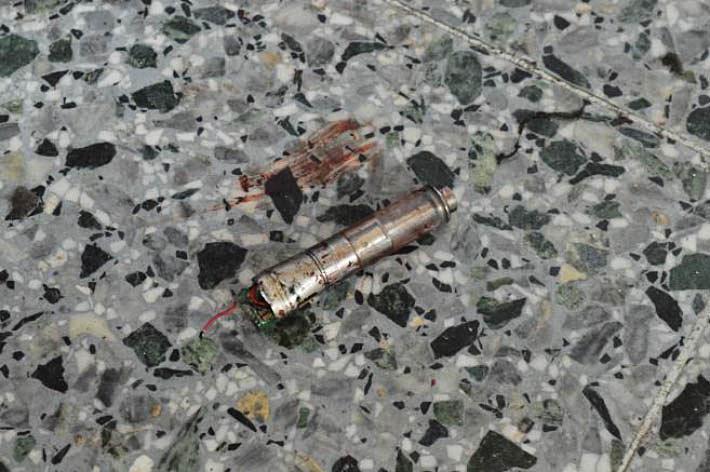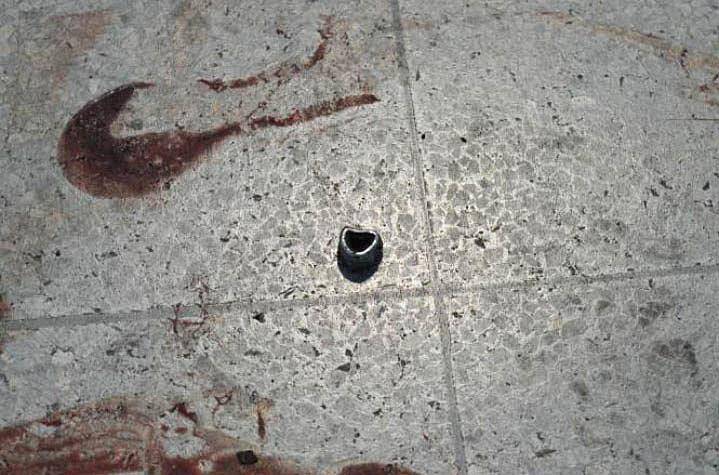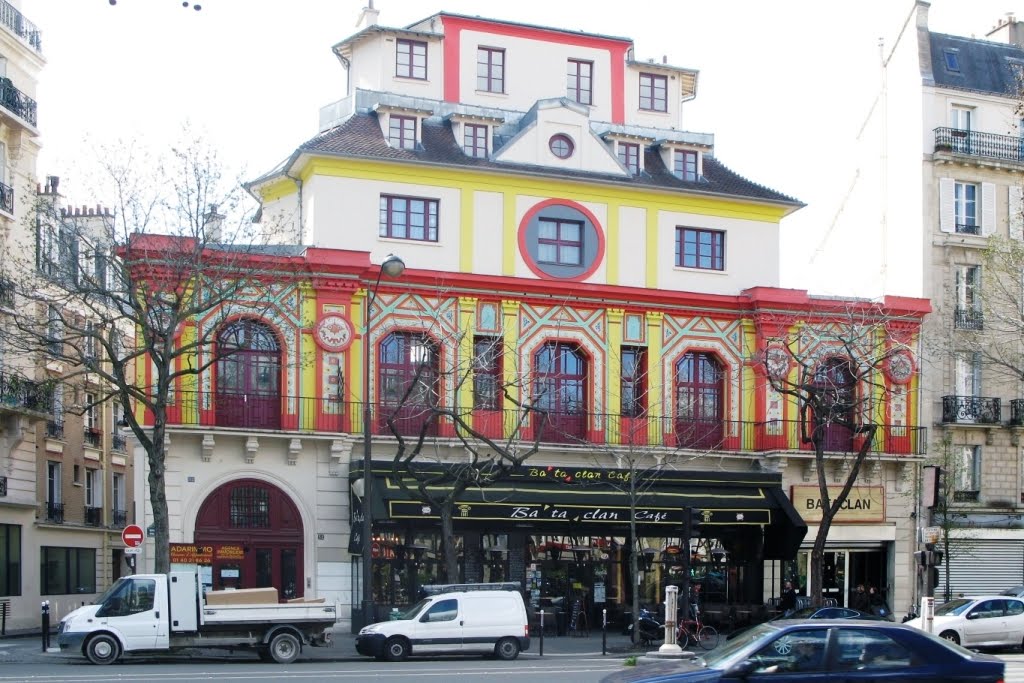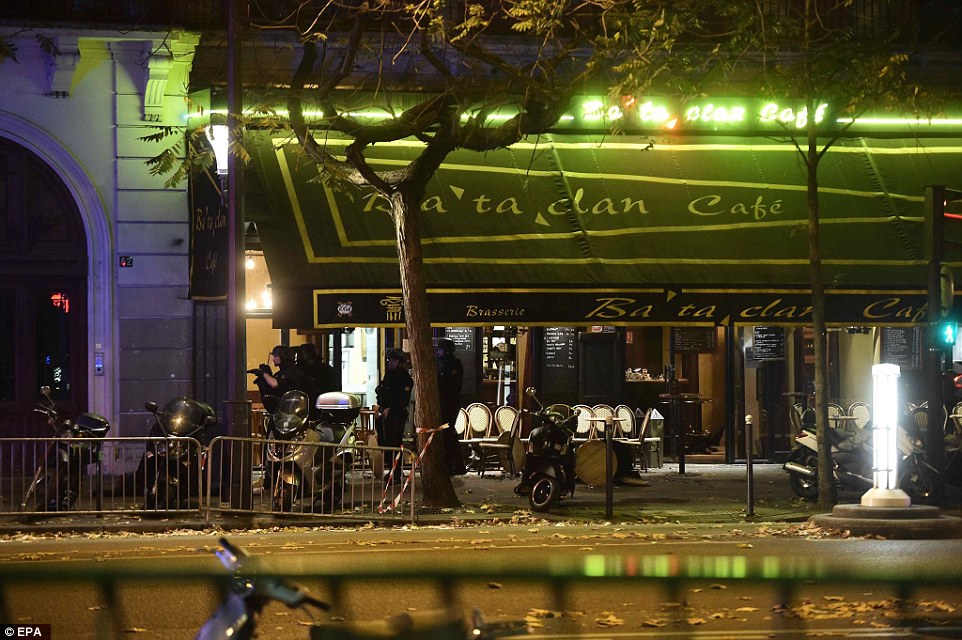What it’s like to be a suspected terrorist
I think that it started over thirty 0dd years ago. My insane radical political parents involved me in their radical political protests while I was in my early teens. I was neglected and abused and starved of love and affection.
Want a zebra crossing? You need a can of white paint for that. Let’s occupy the the Dept of Trade and Industry boardroom, British Steel Wales boardroom, let’s picket Bob Scholey British Steel’s boss’s house. Thatcher lied about creating a Welsh fourth television channel – now S4C. “Who, where, when and why made the Queen tell a lie?” aping a Telegraph advertising campaign at the time. At fifteen I was arguing with nuclear power PR men and wiping the floor with them.
We were used to being routinely followed and it was accepted that the phone was tapped by local Special Branch (political police). It was easier then because they couldn’t hide so easily. There was a story about a real-world experiment at that time: posting unexposed camera film to many addresses and virtually none of it arrived undamaged. They weren’t that bright – it was clumsy and coarse – but you knew they were the enemy. How is it different to repressive regimes where they open your post and listen to your phone calls if you’re a political dissident?
Police magicked a story about a mini being seen at the scene of a Welsh holiday-home arson and – as if by coincidence – I was driving a mini that had been stored away in a garage for a couple of years. That was a fantastic car with a hundred and forty thousand miles on the clock. You could really throw it about and slide it sideways. I took it through a deep flood on the road with people standing around their much larger wet stopped cars – feel the power of a splash guard on the distributor and WD40.
In my teens I was a radical political activist taking part in some variously successful campaigns. They were scared. There’s a very capable youngster here opposing Capitalism and nuclear BS. And then there was that other thing about names, dates and numbers which I knew nothing about at the time.
So once you’re suspected of being a suspected terrorist you’re watched for ever. Everything you do is watched like a hawk and interpreted in the most perverse ways but it’s much more than that.
All the people you meet are tainted so that they are also suspected terrorists – at least until they are cleared. Their financial transactions are delayed until it’s clear that they do actually want to expand their business. Your doctors surgery starts treating you like shit until you twig that they’ve been served a non-disclosure disclosure notice – we want to know everything about your suspected terrorist and if you tell anyone else we’ll come down on you like a ton of bricks.
I’ve got an old – some would say classic – motorbike, a bicycle or two, lawnmowers and other petrol garden tools, an old yacht to maintain and I also maintain a close friend’s old 1.9 IDT. I need to buy parts for them but it’s not accepted that I buy parts to maintain these vehicles. It’s what sort of bomb can he make with all these filters? What bomb can he make with this acetone (to clean carburettors)? Is he making a water bomb with that coolant temperature sensor?
The 1.9 IDT was owned from new. It was delayed for hours on it’s first 1000 miles service while our own hidden police radio was fitted.
[7/10/17 There was a persistent drain on the battery recently so that the car refused to start if unused for a couple of days. I had to learn how to do a parasitic drain test and identified the drain as the shared power feed to the air conditioning and OBD2 diagnostic port. The OBD2 port would be an ideal place to feed a hidden police radio – on a new car it would not be expected to be used for many years. I would expect such a hidden police radio to be based on mobile phone technology and that after fourteen years or so the battery is worn out. Problems have been experienced using the ODB2 port.]
A real problem is that once you’re a suspected terrorist all your rights vanish. One of the messages of the murder of Jean Charles de Menezes is that suspected terrorists can be murdered with immunity. ed: Actually the message is all we need to do to conduct a political execution is to call you a suspected terrorist.
Everything is interpreted according to their twisted logic: He must be a terrorist because we’ve been watching him for 30 years. The flaw here of course is that if he’s a terrorist, then why has he never done any terrorism?
Fake terrorism bullshit looks very different from my perspective as a suspected terrorist. All this fake, manufactured terrorism BS. Terrorism at election time? It doesn’t take much to see through that one does it?
Suspected terrorists are killed dead so that there is never a trial and they always take their passports along? I believe that there has been entrapment like that trying to kill me. They’ll say well he was well known to authorities, we’ve been watching him for thirty years.
Blair’s butler Ian Blair was a real Fascist. He attacked me personally for cutting political critique i.e. attacking his master. He was quite simply a blatant Fascist murdering bastard. I’m sure that there is loads of fictional BS on me from his master’s Fascist era.
ed: I may expand this post
25/8/17 This may be a draft for a better-written article. There’s a lot to include.
About contacts being regarded as suspect. I think it was Snowden that revealed that contacts up to 3 steps removed are checked. For example I am registered to email lists that offer items for free so that they are kept from the rubbish tip. So, everyone offering by email or reading or receiving emails would be the first step, all their contacts would be the second step and all their contacts would be the third step.
Obviously this is a huge and futile practice involving a lot of wasted effort. It follows that a large part of it will be automated so that totally innocent peoples’ computers, phones, etc will be hacked by GCHQ automatically. In the past I’ve been regularly unsubscribed from such mailing lists by the spooks so that they can avoid this futile heavy workload.
31/8/17
This was probably about 6 or 7 years ago. I went to a local concert as part of a local festival. It was about 9pm and it was the end of it. I got there and bought a pint. I was clocked by a mounted policeman. Ten minutes or so later two fire engines turned up to a hotel nearby on a false alarm.
Local police are much better in recent years. They’re probably aware now that it’s politically-motivated BS.
I saw a sniper watching me on a roof while I was at Swansea Marina very recently.
[7/10/17 It was very strange. He was on a roof about 150m away with a good view of me as I emerged from the cabin in the morning. The trouble is that you climb a few steps to emerge from the cabin so you tend to be looking upwards – in this case at rooftops. He scurried away soon as I was watching. It could have been somebody dressed in black just hanging around on a roof early on a cold morning.]
I want to stress again that this is about politics and nothing to do with counter-terrorism. Ian Blair, former boss of the Metropolitan Police was blatantly promoting Tony Blair’s government. There is likely to be all sorts of BS on police records from that era. The effect is harassment of political activists.
Counter-terror programme is “doing a fantastic job” insists Home Secretary Amber Rudd during Leeds visit
6/8/17 [About this blog]. I’m sure that there has been efforts to hide the popularity and influence of this blog from me. All stats – even ones that I’ve installed have been useless. The popularity of this blog varies wildly partly because it’s often not updated for extended periods. There have been times when it was massively popular which is seen in indirect feedback other than stats.
There’s also the absence of comments. While I do use Kismet spam filter, I’m sure that I also have a secretary at GCHQ censoring many comments before it reaches Kismet. I’ll get about one genuine comment a year. Not even abuse gets through. Surely this blog is offensive enough to attract abuse?
11/10/17
Internet security: While I do the basics like run Linux, a firewall and ensure that my system is kept up-to-date with security patches I recognise, appreciate and accept that I am one individual against huge odds. I have some understanding of computer security issues e.g. I understand Edward Snowden and Julian Assange (he needs to get out more) and can program a little but I’m no match for government agencies and many others. Is there a defence against zero-day exploits that insecurity agencies buy and develop? Mobile devices are a serious security issue. It’s probably best to simply accept that security is illusory unless there’s a dedicated team addressing it, and even then …
I noticed someone vulnerability scanning [me] many years ago. It came from Royal Mint Square, E1 very close to Tower Bridge. There are a lot of companies there – I didn’t pay much attention to who it was although it was a private company. I ping flooded them back. They didn’t notice until I ramped it up so not that good at it.
Getting noticed: I tend to use bank cards a lot so that I am easily monitored. Riding a motorcycle (with the number plate on the back) and sailing a little I avoid Auto Number Plate Recognition (ANPR). What it means is that I can surface somewhere unexpectedly.
Generally, it’s not anything near as bad as it was under the Fascism of the Blairs. I get surprised by attacks from unexpected sources. I was surprised by the blatant attacks from Ian Blair. I have recently been surprised by attacks from a GP. People follow different agendas.
13/12/17 People follow different agendas … and in the case of army and police they follow the agendas of the people in charge of them. On occasion I have been followed to protect me.
12/7/18 I get the impression that during the Blair era that there was a continuous forever emergency crisis so that the army was deployed against political critics. I certainly saw that with Chinook helicopters watching me in an urban area. Not subtle, that.




